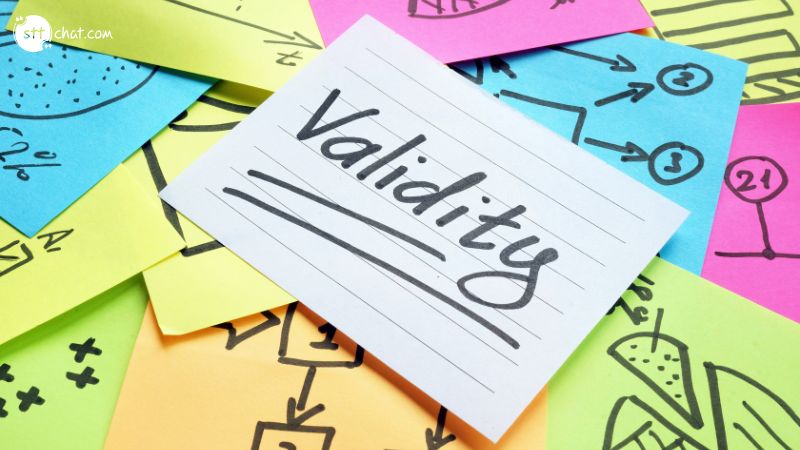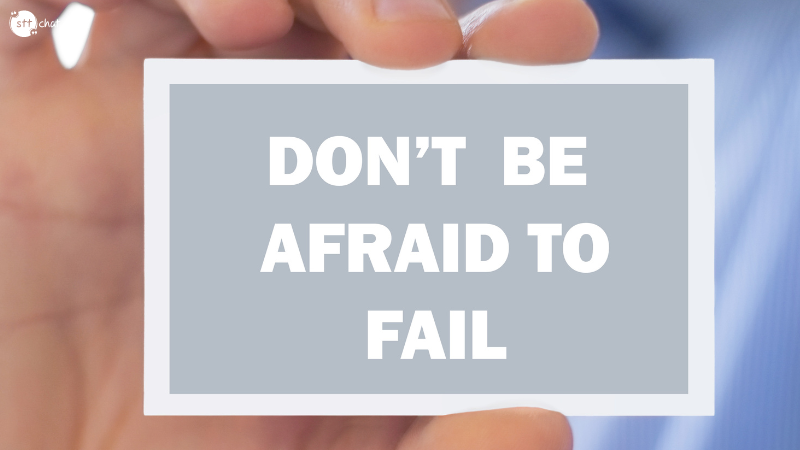This question is not merely rhetorical. It invites us to embark on a journey into the depths of our own hearts and minds. The pursuit of happiness is often seen as something that involves others—our loved ones, our friends, our colleagues. But what if happiness was not dependent on external factors but could be found within ourselves? What if being alone could be a source of true contentment and joy?
The Myth of External Validation
From a young age, we are conditioned to believe that our happiness is tied to external achievements and validations. We are taught that being successful, admired, or loved by others is the key to happiness. However, this belief can lead to a constant chase for approval, leaving us feeling empty and unfulfilled when those external sources of happiness falter.Imagine a life where your contentment and joy are not contingent on the presence of others. Where your sense of fulfillment is not borrowed from someone else but radiates from within you. This is not a mere fantasy—it's a possible reality. Achieving this state of being requires understanding and effort, but it is within reach.

Solitude and Loneliness
Before diving deeper, it’s important to clarify that being happy alone does not mean isolating oneself from the world. Rather, it is about discovering the untapped well of happiness that resides within us, independent of the external world. It's about learning to enjoy your own company, to value your own thoughts and dreams as much as you value those of others.Solitude is often mistaken for loneliness, but they are not the same. Loneliness is a feeling of emptiness, of being disconnected from others. Solitude, on the other hand, is a state of being alone without feeling lonely. It's a peaceful, fulfilling experience where one can connect with their inner self.
The Power of Self-Reflection
The first and perhaps most crucial step towards finding happiness in solitude is self-reflection. Self-reflection is the mirror through which we see not just our face but our soul. It involves asking ourselves the hard questions, confronting our true feelings, and understanding the depths of our desires. Why is self-reflection so vital? Within each of us lies a vast uncharted territory of potential and understanding. Many of us go through life without really getting to know who we are. We define ourselves by our jobs, our relationships, our roles in society. But who are we when those titles are stripped away? What are our passions, our fears, our dreams?In the quiet moments of solitude, we can hear our inner voice the clearest. This voice is our most honest guide, telling us not what we want to hear but what we need to hear. It’s in these moments that we can truly understand ourselves, laying the foundation for a more authentic and fulfilling life.
Embracing Solitude
To truly embrace solitude, we must peel away the layers of societal expectations and norms. We must unlearn the idea that solitude is something to be avoided and that being alone means being incomplete. Instead, we must embrace the concept that our happiness is our own responsibility, not someone else's.Start by setting aside time for yourself each day, even if it’s just a few minutes. Use this time to meditate, journal, or simply contemplate. Ask yourself questions like: What makes me happy? What are my values? What do I want my life to stand for? These questions might seem daunting at first, but as you explore them, you'll begin to uncover the layers of your being.

The Journey of Personal Development
A vital component of learning to be happy alone is personal development. Personal development is not just about acquiring skills or knowledge; it's about evolving into the best version of ourselves. It’s a deeply personal and infinitely rewarding journey that forms the cornerstone of finding joy in our own company.Why is personal development so crucial? The relationship you have with yourself is the foundation of all other relationships in your life. When you invest in yourself, you are not just improving skills or expanding knowledge—you are nurturing your soul. Personal development is the soil in which the seeds of self-contentment and happiness grow. This journey of personal development starts with self-awareness. Understanding your strengths and weaknesses, your passions and fears, allows you to grow in a meaningful way. Pursue your passions, engage in activities that bring you joy, and continue to expand your knowledge and skills.
Conclusion: The Strength in Solitude
Being happy alone does not mean shunning the world or discarding relationships. It means building a relationship with yourself that is so strong and fulfilling that you can enjoy your own company just as much as you enjoy the company of others. It's about finding a balance where your happiness is not solely dependent on external factors but is also rooted in your inner world.Embrace your solitude, listen to your inner voice, and discover the joy and strength that lies within. For in knowing yourself, you open the door to true happiness—a happiness that is complete in itself, that doesn't need validation or company to exist. It is a happiness that is truly, uniquely yours.






